Magda is 70 years old and lives with her son, Mark. She loves her son but sometimes, when he drinks too much, he can be very abusive, calling her names and making her feel like a burden. The other day Mark forced her to leave the house and told her he didn’t want to take care of her anymore. Magda feels afraid that Mark might hurt her physically when he’s belligerent, but because she’s receiving social security, her income is fixed -- she can’t afford to move out and find a place in San Francisco on her own.
Domestic violence includes any type of abuse that happens in the home or in an intimate relationship -- including the close relationships older people have with family members, spouses or partners, and other caregivers, such as nursing home staff. Elder abuse describes the pattern of violence that manifests when a trusted individual in an older person’s life intentionally violates that trust or puts the older person at risk. It’s estimated that 1 in 10 individuals over the age of 60 will experience some form of abuse or neglect in their lifetime, and that many of these cases go unreported.
The shifting dynamic in power, where older adults grow to be more dependent on others for support, makes this community more vulnerable to violence in their close relationships. There are many risk factors that influence the likelihood of whether or not an older adult will experience or report abuse:
Physical, cognitive, or mental disabilities and illnesses that limit an individual’s ability to care for themselves
Social isolation and loneliness -- approximately 1 in 3 older adults experiences social isolation
Ageism and other forms of stigma, such as racism, sexism, or xenophobia
Caretaker burnout or lack of support system for caretaker
History of domestic violence or other forms of abuse in the home
“Mixed status home,” where members of the family have different documentation & lega; statuses
Fear of police or law enforcement involvement
First generation senior from a non-American culture
There are five general forms elder abuse can take:
Neglect: Intentionally socially isolating an older adult, and failure to provide an older adult with basic care such as food, clothing, livable and clean shelter, medication, or physical assistance that results in the older adult’s exposure to physical, mental, or emotional harm.
Financial Fraud & Exploitation: A sudden change in an older adult’s financial situation, such as large withdrawals from accounts and ATMs, changes to a will or other legal documents, and missing items or unnecessary subscriptions and spending
Psychological abuse: Threats of harm, intimidation, and controlling or belittling behavior from the caregiver or an intimate partner
Sexual abuse: Any nonconsenual or coersive sexual contact with an older adult who is unable to understand, is not lucid, or is threatened or forced to consent
Physical abuse: Any physical harm or violence, restraining, forced overdose, or restricted access to taking medication needed for health
The trauma of experiencing abuse disrupts the lives of older adults. Survivors have a tripled likelihood of dying prematurely, being hospitalized, and developing physical and mental health issues. Though there is significant underreporting on the financial burden of elder abuse, it’s estimated that elder abuse in nursing home and care facilities costs $2.8 billion a year in Medicare hospitalizations.
Altogether, abuse leads to a diminished quality of life and avoidable pain and trauma for older adults -- but it can be prevented. Older adults, caregivers, and family members alike can take steps to reduce the risk of abuse from happening:
Seeking out professional support, such as counseling or attending support groups, to process past trauma and get support for mental illnesses
Seeking out legal advice to create a living will, determining power of attorney, and other legal matters
Avoiding social isolation by staying connected to friends, family, and other communities or groups
Screening for elder abuse in legal, medical, and other service provider settings
After calling La Casa’s hotline, Magda was able to come stay at the confidential shelter. While staying at the shelter, Magda saw our onsite counselor and attended groups for support. Magda decided to move in with her nephew outside of San Francisco after leaving the shelter, and joined a few groups for older adults to make friends and stay connected to community.
At La Casa de las Madres, we believe that survivors of elder abuse are survivors of domestic violence -- and that achieving elder justice is inherently linked to the movement to end domestic violence. All our programs are designed to provide individuals of any age with confidential support, and to make sure survivors find their way to leading healthier, safer lives.
If you or a loved one is in need of support or is looking for more information on elder abuse, call La Casa’s 24/7 hotline at 1-877-503-1850, or message our text line at 415-200-3575.

